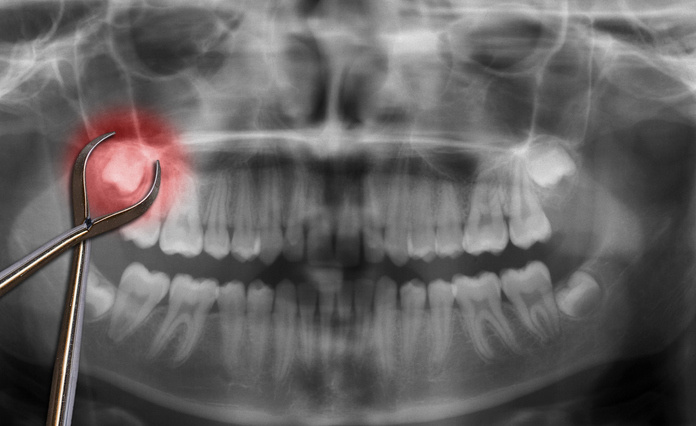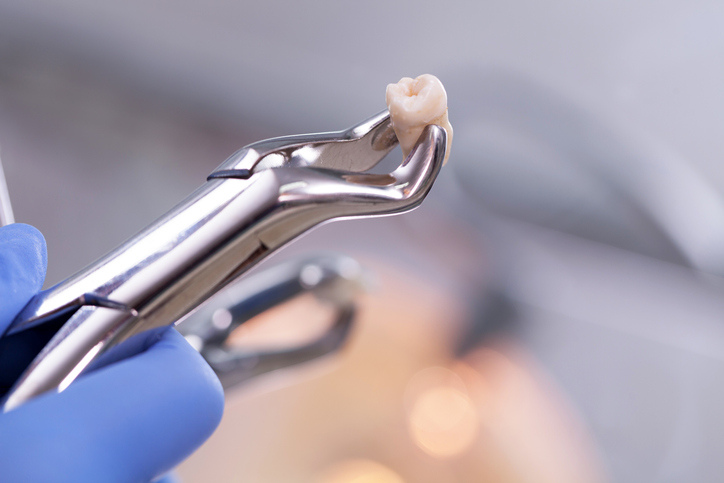Tooth Extractions
Your dentist will suggest performing a tooth extraction for a number of different reasons. In certain cases, teeth must be extracted due to severe decay. In other cases, advanced periodontal disease may warrant a tooth extraction. Additionally, in some cases, your dentist may recommend a tooth extraction for poorly positioned teeth in the mouth or to prep an area for orthodontic treatment.
Removing a single tooth may cause some side-effects including problems chewing, jaw joint problems as well as shifting teeth. To avoid such complications, your dentist will provide alternatives to tooth extractions as well as options to replace teeth that are missing as a result of a tooth extraction in Los Angeles.
The Extraction Process
Your dentist will begin the extraction process by numbing your tooth, jawbone as well as the gums surrounding the area of operation.
During the tooth extraction procedure, it is normal to feel a lot of pressure. This pressure is a result of your dentist firmly rocking the tooth in order to create space within the tooth socket. This pressure should not be accompanied by any pain. If you do feel any pain during the tooth extraction procedure, please let one of our dental staff know immediately.
Click here to schedule an appointment with one of our specialists to discuss our tooth extractions in Los Angeles, CA.
Post Tooth Extraction
Once the tooth has been extracted, it is crucial for a blood clot to form to halt the bleeding from the procedure. Your dentist will instruct you to bite on a piece of gauze for 30-45 minutes following the tooth extraction. If bleeding persists, use another gauze pad and place it on the operation area for another 30 minutes. Depending on your specific case, you may be required to repeat this process several times.
Once the blood clot has properly formed, you should take careful steps to avoid dislodging the clot. When rinsing your mouth, do not rinse too vigorously. Additionally avoid drinking through straws, smoking, consuming alcohol, and brushing your teeth near the extraction site for a minimum of 72 hours. These activities run the risk of causing infection, slowing the healing process or dislodging the blood clot.
Swelling is normal after a tooth extraction as well as some mild pain.
An ice pack should be applied to the area to reduce swelling. Your dentist will also prescribe pain medications as needed during the recovery process. Swelling usually subsides within the first 48 hours of recovery.
Any and all pain medications prescribed by your dentist should be used as instructed. If your medication is not properly relieving pain, please call our office and one of our staff members will assist you. In situations where antibiotics are prescribed, take them for the full prescribed duration, even if symptoms of infection are gone.
You are allowed to resume your standard dental routine 24 hours after the initial procedure. This includes brushing and flossing your teeth as recommended. Keeping your mouth clean will speed-up the healing process and prevent infection.
Typically, healing should take no more than a few days. If you experience any lingering symptoms such as continued bleeding or severe pain after 48-72 hours of recovery, call our dental office immediately.


